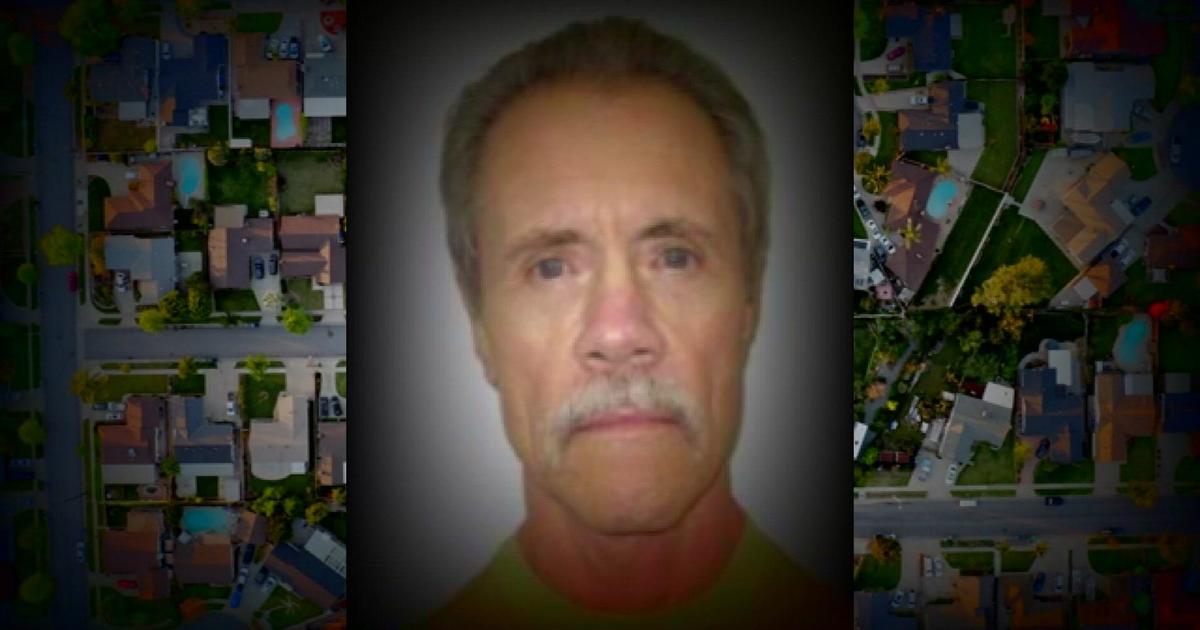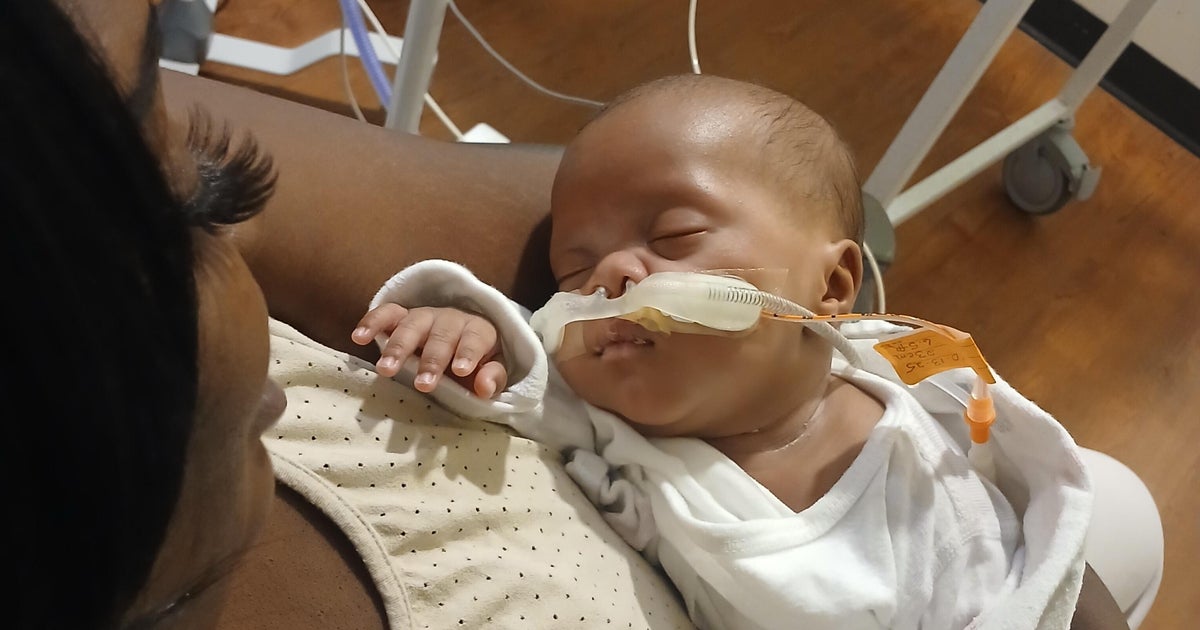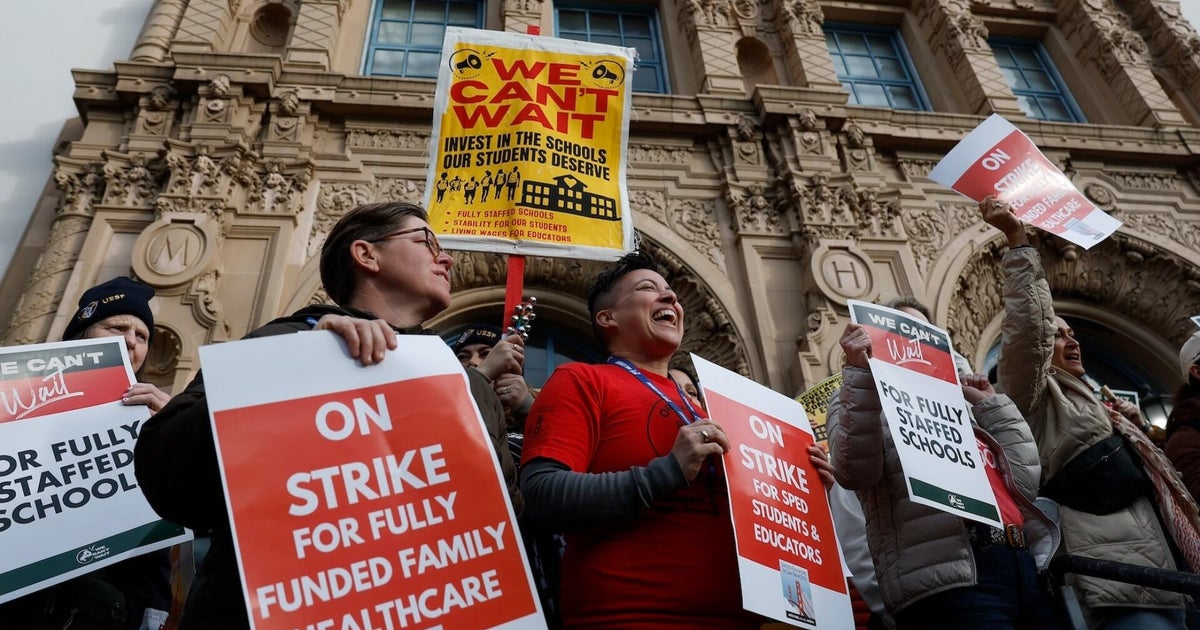Abortion Providers Disappointed, Pro-Life Group Pleased By US Supreme Court Ruling On Texas Heartbeat Act
AUSTIN (CBSDFW.COM) - The US Supreme Court ruled Friday that abortion providers can continue challenging the Texas Heartbeat Act, also known as SB 8.
But in a blow to the providers, the nation's highest court allowed the controversial law to remain in effect.
The Justices also rejected the US Justice Department's emergency request to block the law.
The Court's majority said their ruling is not about the constitutionality of the Heartbeat Act.
During a virtual news conference Friday afternoon, Julie Murray, Senior Staff Attorney for Planned Parenthood Federation of America said, "The Supreme Court's decision today is a devastating ruling in terms of foreclosing the possibility of short-term relief that would actually fully restore abortion access."
Julia Kaye, Attorney for the ACLU said, "Technically today, Roe Vs. Wade is still the law of the land. But you would not know that if you are pregnant in Texas today.. The court has certainly seemed very comfortable ignoring 50 years of precedent."
The Supreme Court's ruling pleased pro-life groups such as Texas Values.
The organization's President and attorney, Jonathan Saenz said, "The Texas Heartbeat law has been dragged into the court so many times I've lost count, and it continues to remain in effect, it continues to prevail, and continues to be enforceable. And I think that's probably one of the most important things for people to understand. Every day that the Texas Heartbeat law continues to remain in effect, you have lives being saved, but you also have their arguments legally being weaker and weaker."
Under the Texas Heartbeat Act or SB 8, doctors aren't allowed to perform abortions after detecting cardiac activity.
That can be as early as six weeks when many women don't know they are pregnant.
It can't be enforced by government officials, but only by citizens filing civil lawsuits against abortion providers who face fines of a minimum of $10,000 per procedure plus costs and attorneys' fees.
Dale Carpenter, a Constitutional Law Professor at SMU said while the Supreme Court Justices are allowing abortion providers to still challenge the law in federal court, they can only file suit against the four state officials who license them, and not the Texas Attorney General and others the providers sued. "They wanted to have the law effectively blocked across the board. And the only way to do that was to proceed against these clerks who actually enter the cases on the books that docket the cases, and maybe against the state court judges from even hearing them."
A state judge ruled Thursday SB 8 was unconstitutional but also left the law in effect.
Professor Carpenter said the 14 lawsuits challenging the law in state court may make it up to the Texas Supreme Court. "If the Texas Supreme Court ultimately decided that at least the enforcement mechanism in SB 8 is unconstitutional under the state constitution, then they might be able to block the enforcement of the law."
For now, he said the US Supreme Court has sent the federal lawsuit filed by providers back to a US District Judge in Austin.
The Constitutionality of the Texas case may or may not be considered by the US Supreme Court depending on how the Justices rule next year on a Mississippi abortion case they are reviewing which outlaws abortions after 15 weeks.







